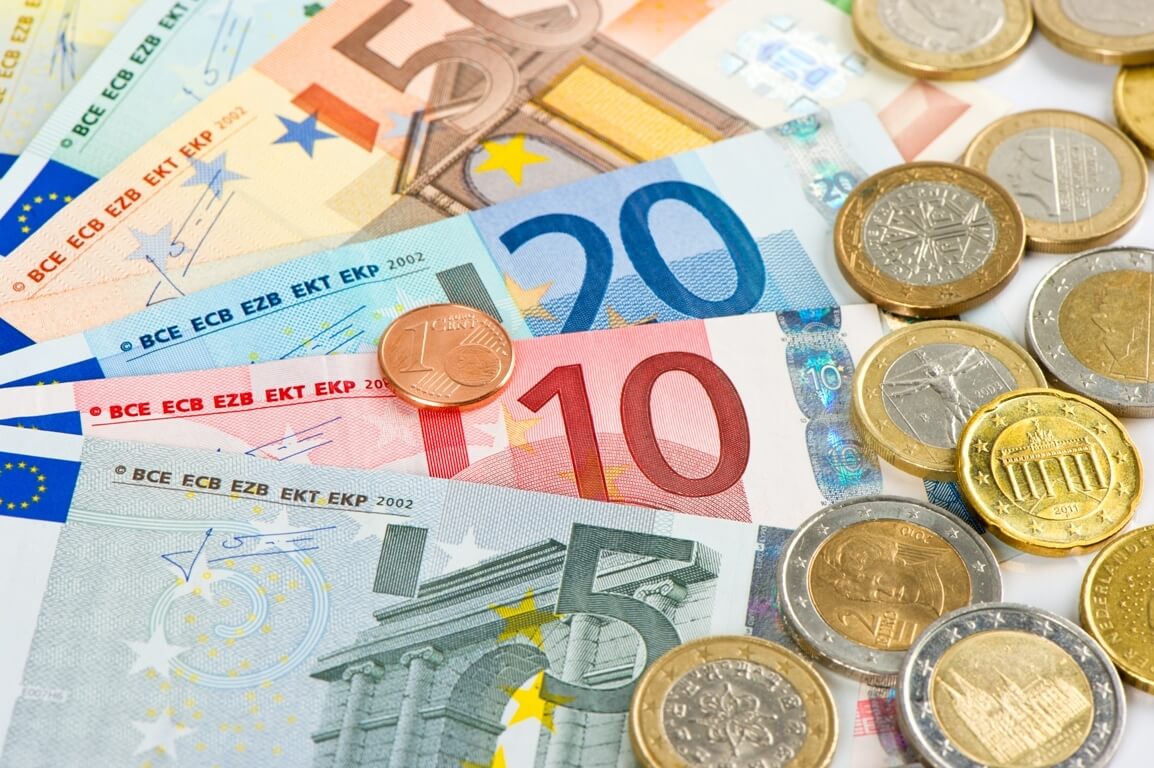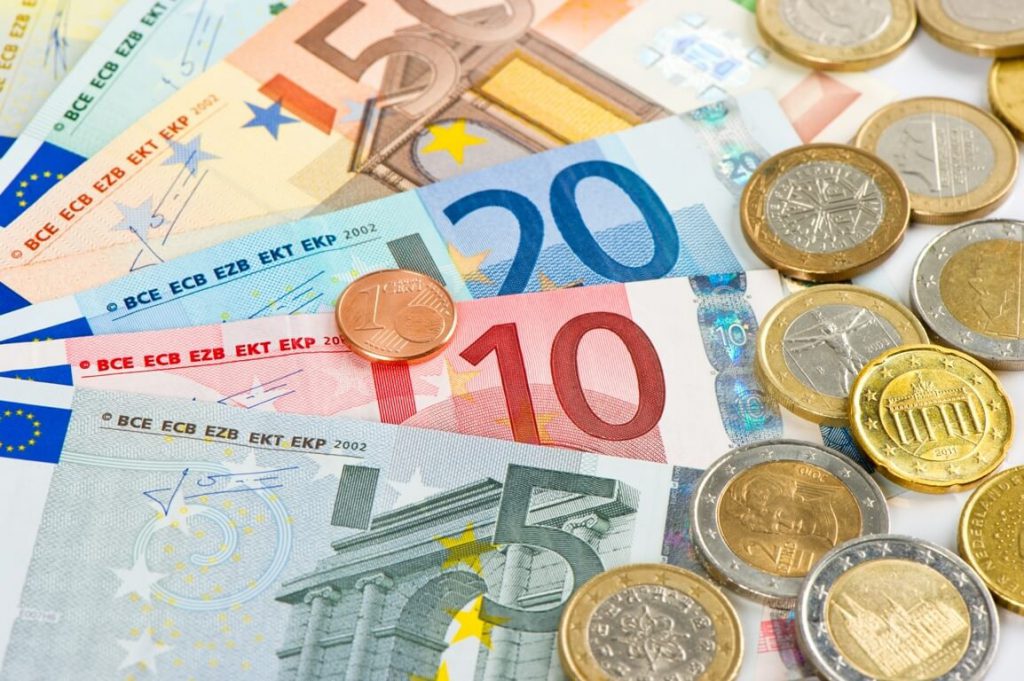
Euro rallied on Thursday. What about the U.S. dollar?
The Euro fluctuated on Thursday. Initially, it plummeted by 0.4% versus a broadly stronger greenback, exchanging hands at $1.0633. However, the common currency changed the course soon, regaining some of the earlier losses. Eurozone government bond yields also climbed higher. The European Central Bank hiked its interest rates by 50 basis points today. This move was in line with market expectations.
The Euro had also rallied on Wednesday, skyrocketing to its highest level in more than six months at $1.0695. The ECB increased its rates for a fourth consecutive meeting. The bank also promised further rate hikes in the future. It aims to drain cash from the system. This move is a part of the strategy created to fight against soaring inflation.
Meanwhile, the yield on Germany’s 10-year bond jumped by 11 bps at 2.037% at last. The two-year yield also added 13 bps at 2.258%. The latter is most sensitive to changes in interest rate policy expectations.
At the same time, Italy’s 10-year yield gained 22 bps at 4.071%. The latter is near the closely watched gap between Germany’s and Italy’s 10-year yields to 202.6 bps.
On Thursday, the pan-European STOXX 600 tumbled down. Overall, it shaved off 1.4% today. An index of eurozone banks also declined after the ECB’s decision, dropping by 1.4%.
How are the EM currencies faring?
Emerging market currencies traded in the red on Thursday. The stocks also decreased after the U.S. Federal Reserve announced its hawkish stance. Investors fear that it might cause a global economic recession. The currencies of Thailand, South Africa, and South Korea plunged by 1% each as the greenback surged forward.
The Fed plans to deliver more interest rate hikes in 2023. However, Chair Jerome Powell stated on Wednesday that the U.S. economy might be moving toward a recession. He also projected the interest rate would continue raising to above 5% over the next year.
Lukman Otunuga, the senior research analyst at FXTM, noted that this news impacted risk appetite negatively. Traders fear that tighter monetary policy will trigger a recession.
The EM currencies index remained on track for its worst year until a month ago. But after China started easing its strict COVID-19 rules, the currencies gained substantial amounts.
Despite that, the Chinese yuan dropped on Thursday as new data showed industrial production growth slowed more than analysts expected in November. Retail sales also showed their biggest contraction since May.
The Hong Kong dollar fell slightly, though. The Hong Kong Monetary Authority hiked its base rate by 50 basis points, supporting the currency.


